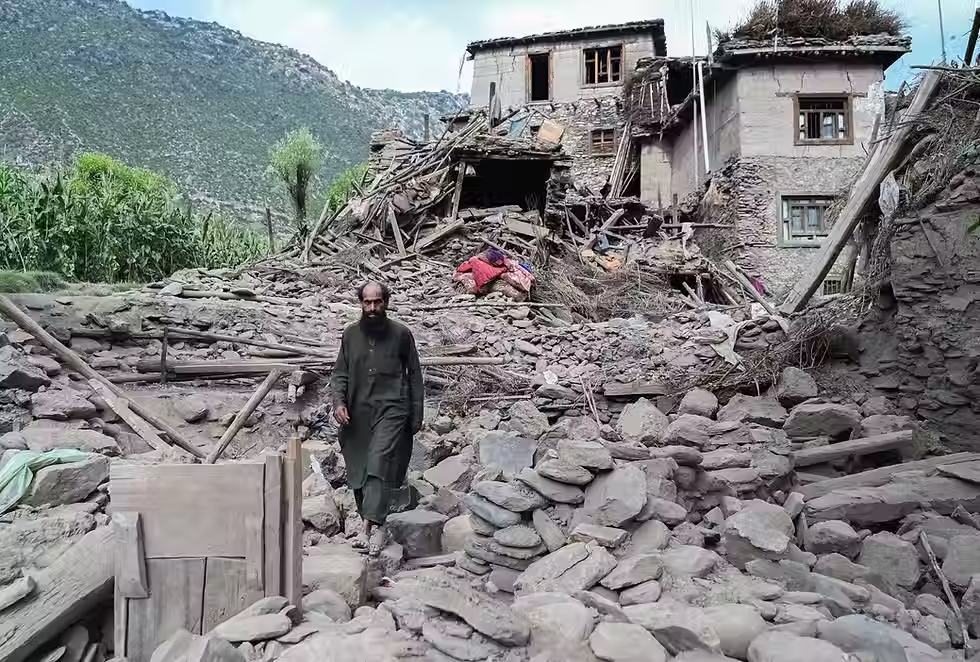Thousands of Acres of Crops Lost After Punjab Experiences Record Flooding
- Armaan Dhawan

- Sep 7, 2025
- 2 min read
At least 43 people are dead and farmers have lost hundreds of thousands of acres of crops amid record-breaking flooding in northern India and Pakistan.
The flooding's primary impacts have been within the region of Punjab, which stretches into the northern side of both countries, inundating fields and destroying structures. At least 2,000 villages have been affected by the rains within the Indian state, which have also devastated the livestock population as the high floodwaters drowned cows, pigs, chickens, and other farm animals. Homes have collapsed due to the rising waters, roads are submerged, and the entire region's annual crop has been eliminated completely.
Additionally, river flooding has impacted various communities farther away from the site of the rains after floodwaters rushed downstream, inundating other villages within the region.
Many farmers across Punjab have no other means of earning for their families, and their only options are to sell the land and move elsewhere or bear the brunt of losing their entire crop for this year. Among the crucial crops in the region are rice, cotton, and sugarcane– in fact, the Indian state of Punjab alone supplies around 12% of the country's total rice exports. The region is known for its high-quality rice, as it is known as one of the most fertile areas in the world due to its nutrient-rich water supply from the Himalayan Mountains.
However, now, farmers have been left without seeds to plant, crops to water, livestock to feed, and homes to sleep in, and most homes that made it through the disaster are currently unable to access electricity or fresh water. Numerous farmers have begun to criticize their local governments for their slow response to the disaster, but flood alert systems are often sparsely distributed in rural India, and cellular service is spotty in most areas.
Unfortunately, the conditions are only expected to get worse in the coming years. South Asia's monsoon season, which typically lasts from June to September, continues to become more intense and lasts for longer periods of time– a key effect of climate change, which continues to warm the region during the summer months as well.
Many Punjab farmers worry for the futures of their children and grandchildren as the monsoons worsen, bringing more and more devastating impacts to the region each year.
Fact of the Day (The Fact Site): A man with severe OCD and a phobia of germs attempted to commit suicide with a gun to his head. Instead of killing him, the bullet eliminated his mental illness without any other damage.
Quote of the Day (Gracious Quotes): Whatever is fluid, soft, and yielding will overcome whatever is rigid and hard. What is soft is strong. (Lao Tzu)
Word of the Day (Merriam-Webster): Mollify (verb, MAH-luh-fye) - To mollify someone is to make them less angry. Mollify can also mean "to reduce in intensity."
In a Sentence: The celebrity's statement was intended to mollify critics.
Image credit to AP



aaamazing